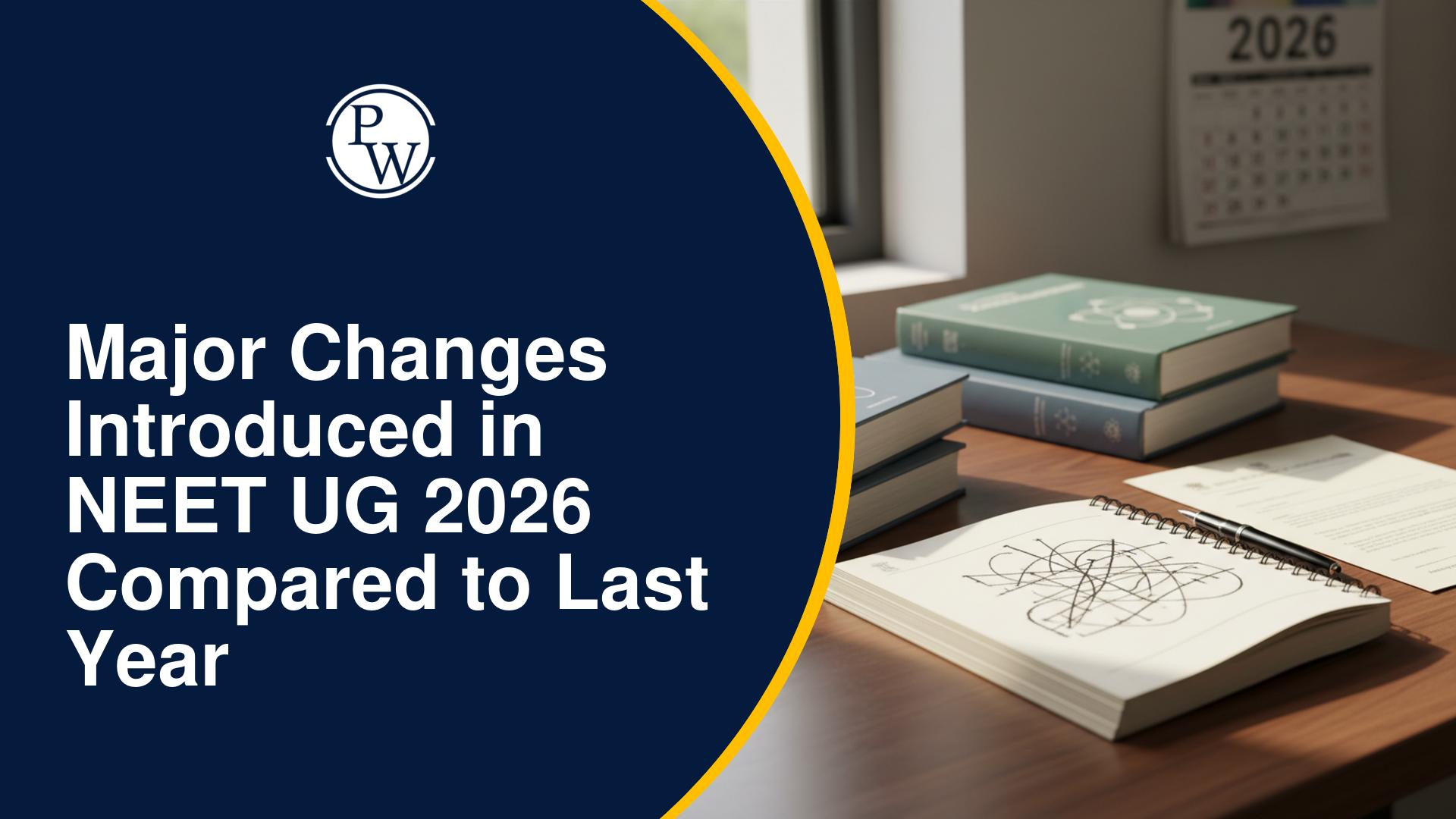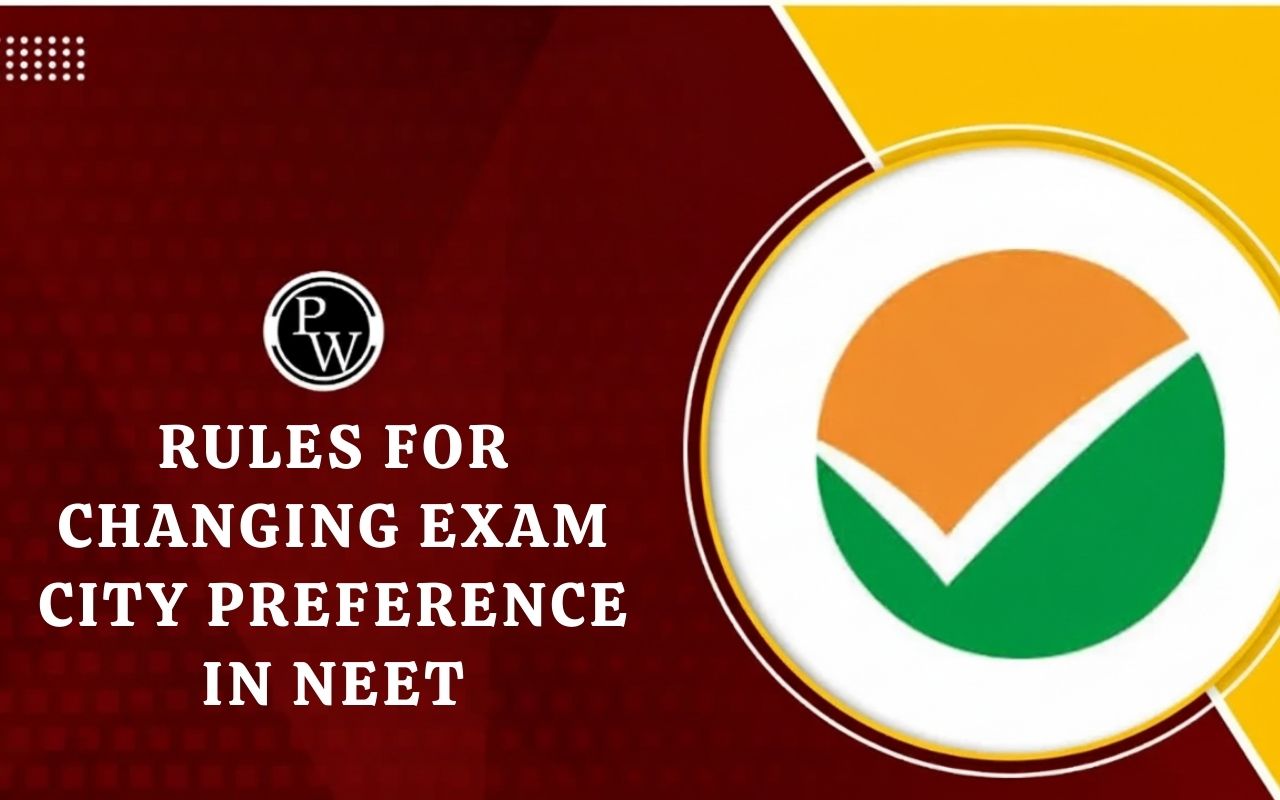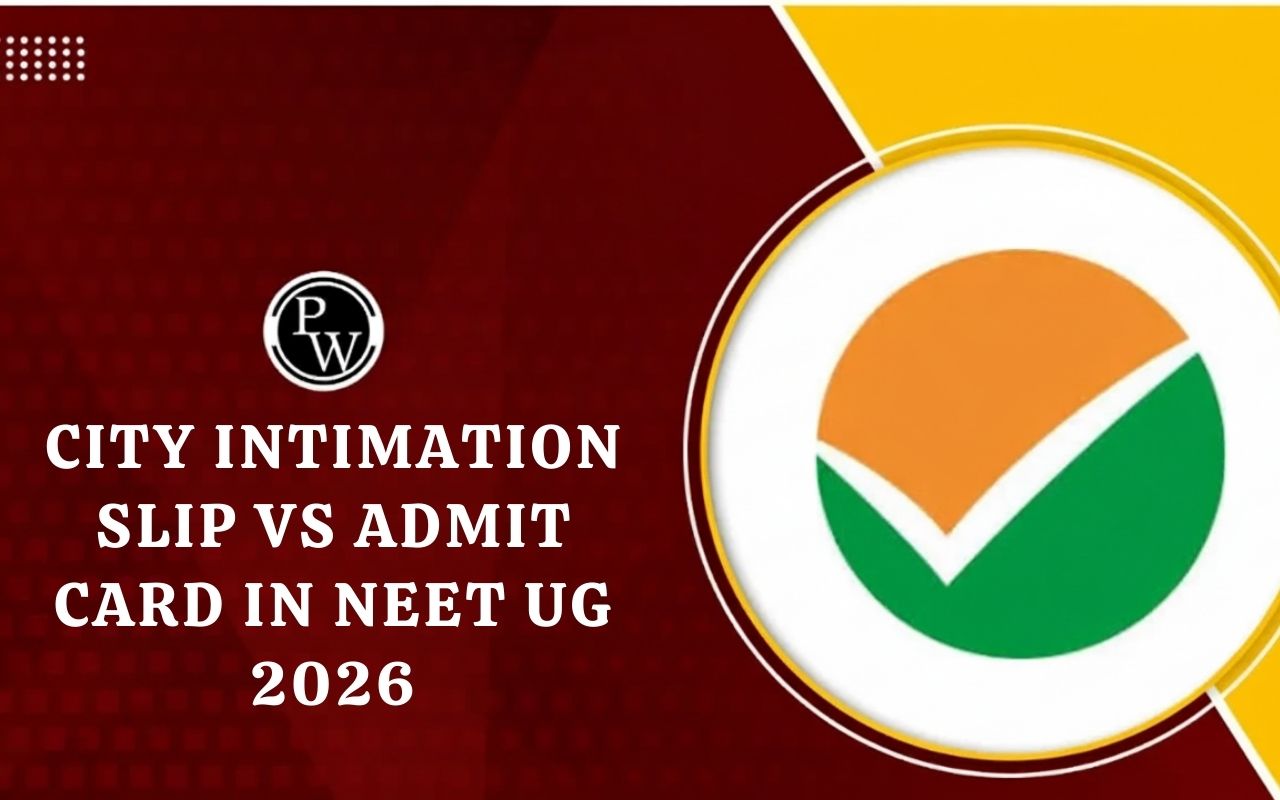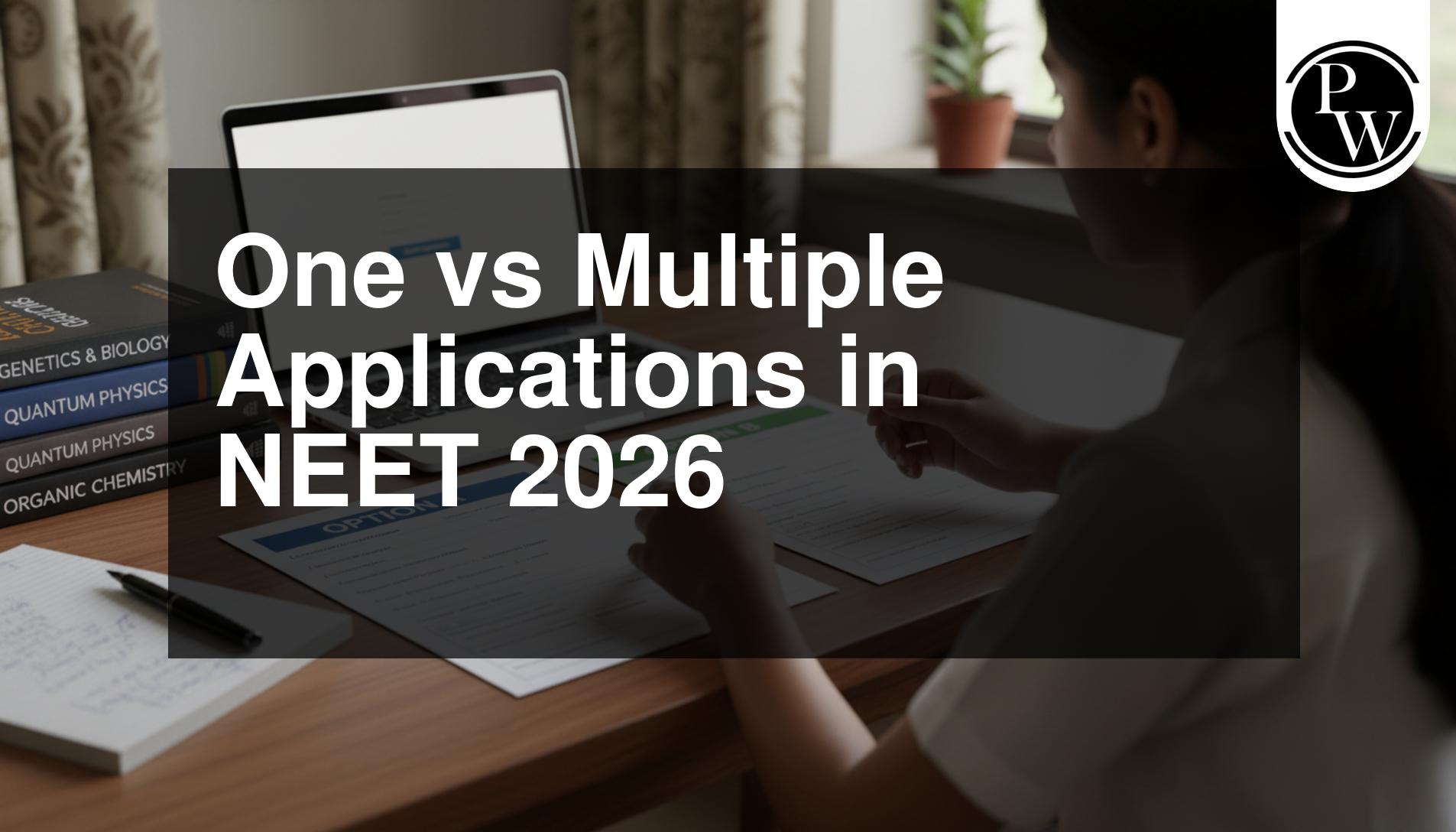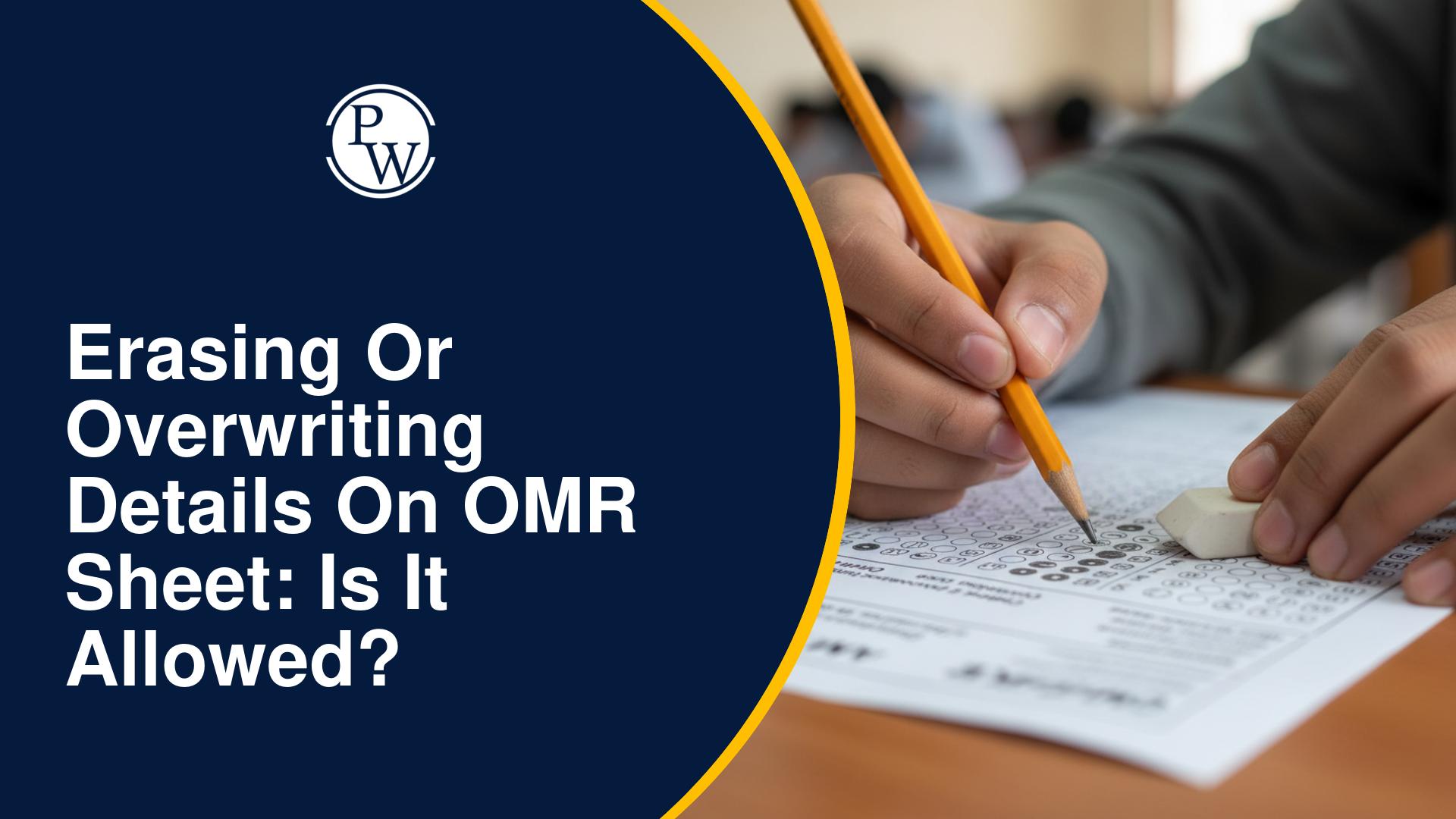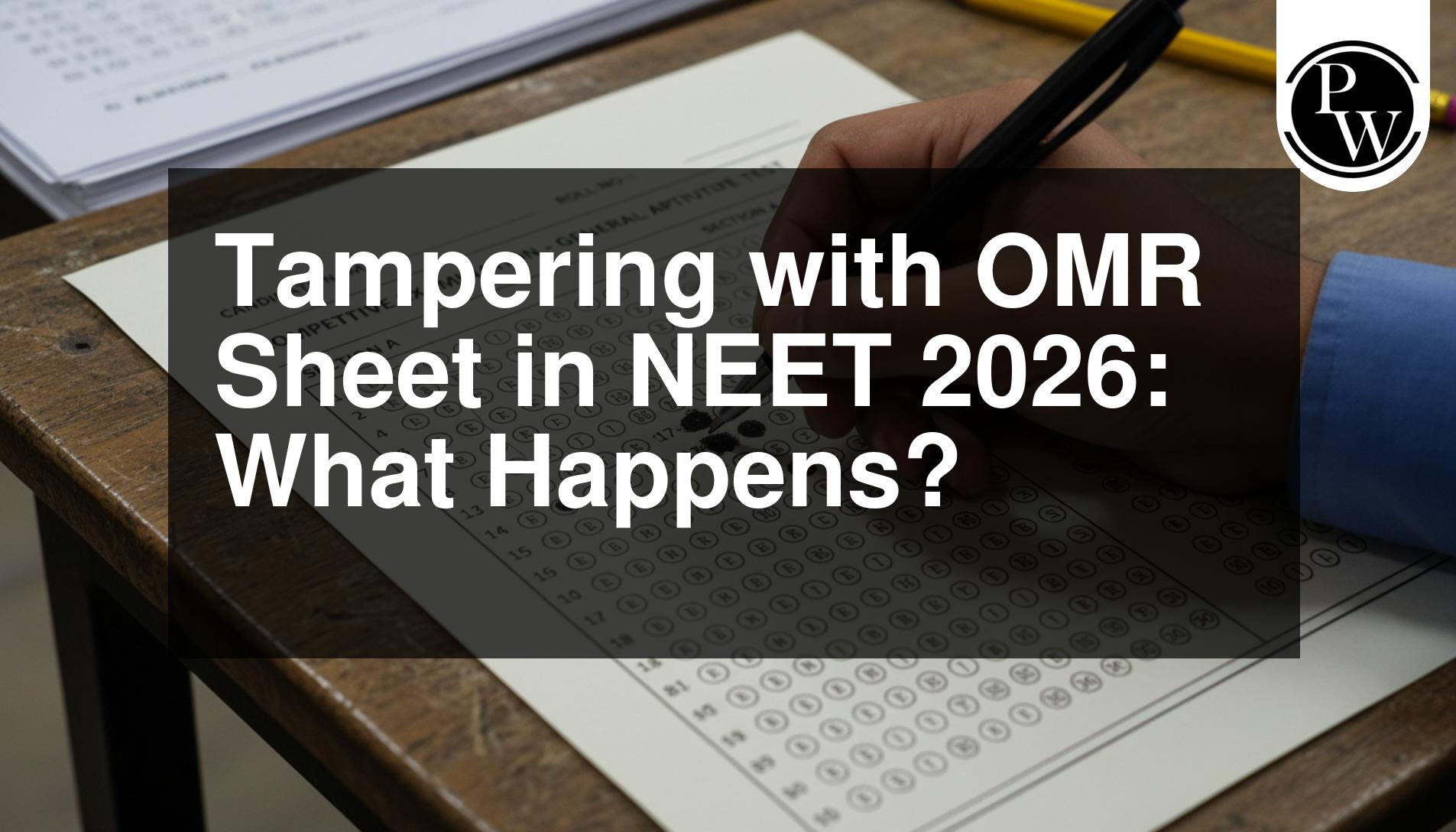
IPM full form is Integrated Pest Management. This is a sustainable and environmentally friendly approach to managing and minimising the application of pests on crops. The major aim of IPM is to minimise the use and thus reduce the impact of the pesticide on human health and the environment.
The core principle of IPM is to integrate multiple pest management strategies. The IPM is implemented on crop production to reduce the impact of pest control and prevention. The major focus of IPM is to create a holistic approach to pest management.IPM Full Form in English
IPM full form in English is Integrated Pest Management. It is one of the farming practices helmed by the farmers as a pest control strategy. IPM always includes using a variety of tools like videos, webinars and training courses. All of these offer the right insight to the farmers in implementing the right pest control techniques. However, a mechanism has to be followed when implementing the IPM technique.IPM Full Form in Hindi
The IPM full form in Hindi is एकीकृत कीट प्रबंधन है। इसमें ऑनलाइन प्रशिक्षण पाठ्यक्रम, वीडियो और वेबिनार जैसे विभिन्न प्रकार के टूल शामिल हैं। आईपीएम किसी विशेष कीट नियंत्रण रणनीति के बजाय कीट प्रबंधन विश्लेषण, निर्णय और कार्यों की एक श्रृंखला है। जो उत्पादक कीट संक्रमण के जोखिम के प्रति सचेत हैं, वे आईपीएम का संचालन करते समय चार-स्तरीय दृष्टिकोण का उपयोग करते हैं। एकीकृत कीट प्रबंधन (आईपीएम) तकनीकों का उपयोग करके उत्पादित भोजन को शायद ही कभी जैविक के रूप में लेबल किया जाता है। यूएसडीए जैविक किसानों की तरह आईपीएम उत्पादकों के लिए आधिकारिक प्रमाणीकरण नहीं देता है।IPM Full Form in Medical
IPM full form in medical is Integrated Pest Management. It finds a wide application in the medical industry and is used to manage pests thus making the environment more friendly and viable. IPM is a complete mechanism that uses a combination of preventive measures, and pest control methods that minimise the use of pesticides. This is helpful to reduce the harmful effects on human health by consuming these plants. IPM also ensures the negative effects of IPM thus reducing the carbon footprints on the environment.Who Uses IPM?
The basic idea of IPM is to ensure that the pesticides are used in a controlled way so that they do not pose harm to any individual. This makes it one of the major practices followed by an array of industries. Refer to the table below to know about the major uses of IPM:- Agricultural Industry
- Horticulture and Landscaping
- Public Health Agencies
- Food Processing and Storage
- Educational Institutions
- Government Agencies
- Commercial and Industrial Facilities
- Pest Management Professionals
How to Check if a Crop is Grown Using IPM?
IPM is not a pesticide in itself rather it is a group of practices that are used to minimise the use of pesticides. Hence, the crops that are grown as per this strategy are usually organic but they are never labelled as one. This is because a lot of chemical liquids are sprayed over the crops to prevent them from rotting.Functions of IPM
The IPM mechanism is a very simple yet systematic approach. The approach combines multiple strategies to manage pests but ensures the harmful effect on human health is minimised. Here is the major mechanism associated with IPM.- It accurately identifies the pest species and understands its life cycle, behaviour, and ecological requirements. The proper identification of the species helps in selecting the most appropriate control measures to tackle these
- Regular monitoring of the pest populations is a crucial aspect of IPM. The major areas include checking on the signs that require to be solved. Monitoring the activities helps to detect the level of the pests and also determine the level of intervention
- IPM emphasises prevention as the primary method of pest control. This practice includes adopting good sanitation practices and maintaining proper hygiene. Along with this, proper physical barriers should also be implemented that help to minimise the growth of the pests
- The IPM also includes crop rotation, selecting pest-resistant plant varieties, adjusting planting times, and modifying irrigation practices
- Biological control involves the use of natural enemies, such as predators, parasites, or pathogens, to regulate pest populations. Introducing beneficial insects or microorganisms that attack or compete with pests can help keep their numbers in check
- If pest populations exceed acceptable limits despite following a dedicated IPM technique then chemical pesticides are chosen to minimise the impact of the growing population
- Accurate record-keeping of pest monitoring, control measures, and their outcomes is essential in IPM. This information helps in making informed decisions and evaluating the effectiveness of different strategies
Check NEET Exam Important Links
| NEET Exam Important Links | |
| NEET Syllabus | NEET Sample Paper |
| NEET Notes | NEET Previous Year Question papers |
IPM Full Form FAQs
What is IPM full form?
The IPM full form in English is Integrated Pest Management.
What is IPM full form in Hindi?
The IPM full form in Hindi is एकीकृत कीट प्रबंधन.
What is the function of IPM?
The main function of IPM is to ensure that pesticides are used in a controlled way and environment-friendly way.
Which industries use IPM?
Agricultural Industry, Horticulture and Landscaping, Public Health Agencies, Food Processing and Storage and Educational Institutions use IPM.
What is the mechanism of IPM?
IPM uses a combination of techniques like biological control, manipulation of techniques etc.
🔥 Trending Blogs
Talk to a counsellorHave doubts? Our support team will be happy to assist you!

Check out these Related Articles
Free Learning Resources
PW Books
Notes (Class 10-12)
PW Study Materials
Notes (Class 6-9)
Ncert Solutions
Govt Exams
Class 6th to 12th Online Courses
Govt Job Exams Courses
UPSC Coaching
Defence Exam Coaching
Gate Exam Coaching
Other Exams
Know about Physics Wallah
Physics Wallah is an Indian edtech platform that provides accessible & comprehensive learning experiences to students from Class 6th to postgraduate level. We also provide extensive NCERT solutions, sample paper, NEET, JEE Mains, BITSAT previous year papers & more such resources to students. Physics Wallah also caters to over 3.5 million registered students and over 78 lakh+ Youtube subscribers with 4.8 rating on its app.
We Stand Out because
We provide students with intensive courses with India’s qualified & experienced faculties & mentors. PW strives to make the learning experience comprehensive and accessible for students of all sections of society. We believe in empowering every single student who couldn't dream of a good career in engineering and medical field earlier.
Our Key Focus Areas
Physics Wallah's main focus is to make the learning experience as economical as possible for all students. With our affordable courses like Lakshya, Udaan and Arjuna and many others, we have been able to provide a platform for lakhs of aspirants. From providing Chemistry, Maths, Physics formula to giving e-books of eminent authors like RD Sharma, RS Aggarwal and Lakhmir Singh, PW focuses on every single student's need for preparation.
What Makes Us Different
Physics Wallah strives to develop a comprehensive pedagogical structure for students, where they get a state-of-the-art learning experience with study material and resources. Apart from catering students preparing for JEE Mains and NEET, PW also provides study material for each state board like Uttar Pradesh, Bihar, and others
Copyright © 2026 Physicswallah Limited All rights reserved.
